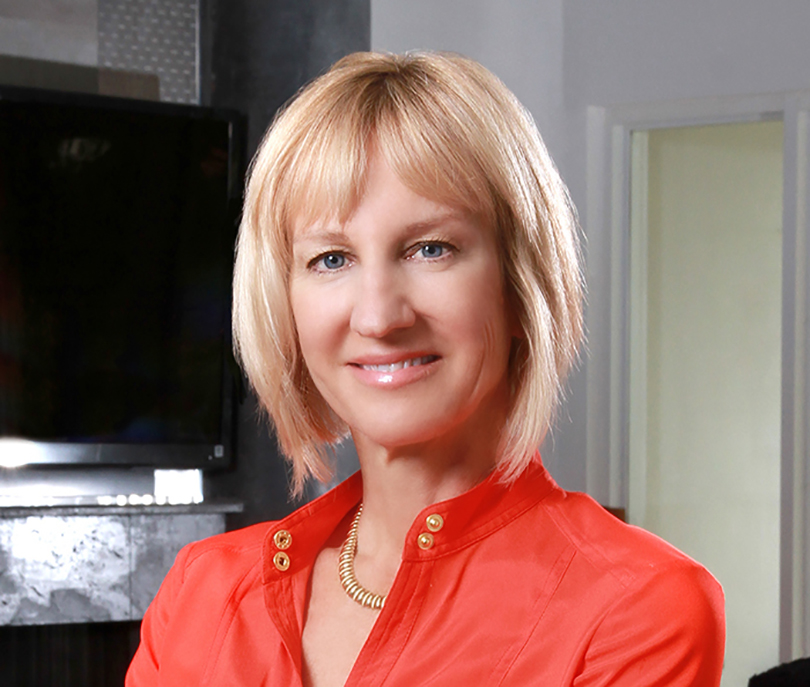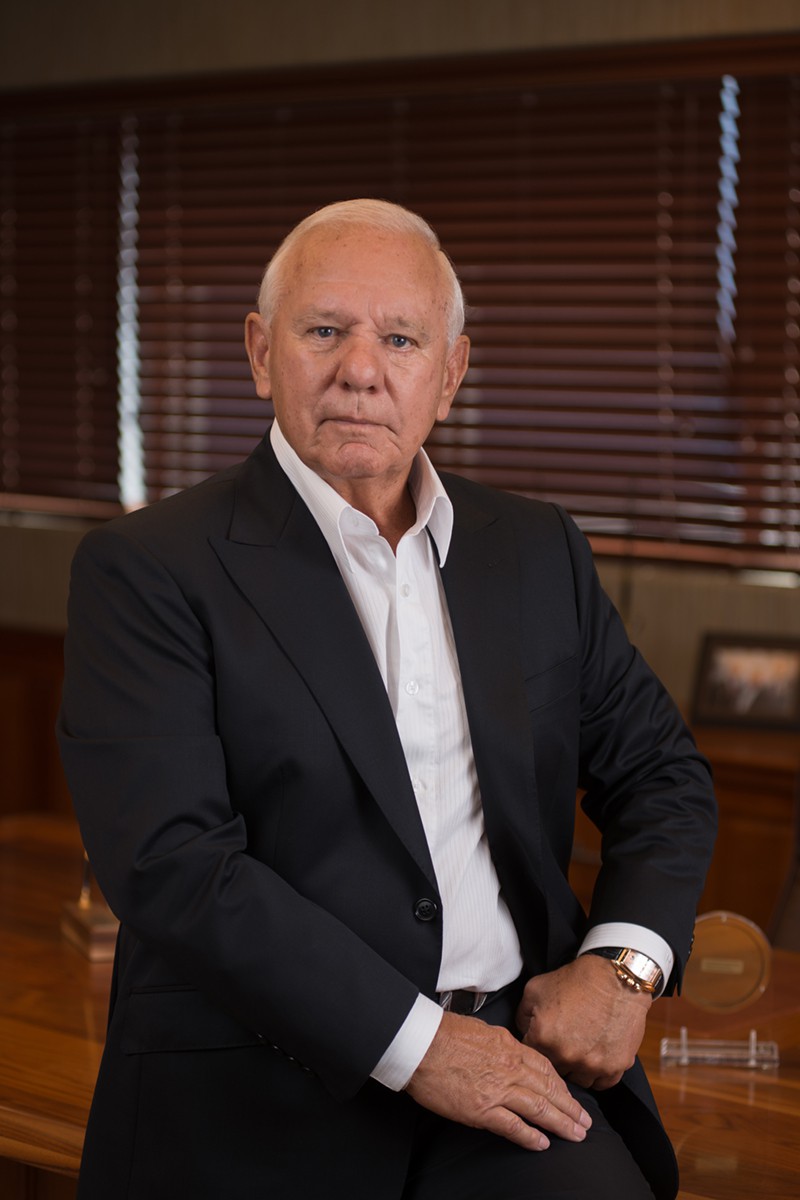By Julie Neitzel
Family trusts have been around longer than most people realize. The very first trusts date to the Roman Empire around A.D. 800. In that society, only citizens of Rome could own property. When faced with deployment, soldiers would transfer ownership of their property to a trusted friend to make sure their families were cared for. Thus, trustee evolved from that period.
Today, family trusts are used to facilitate wealth transfer. By creating a vehicle to hold assets for beneficiaries, families can protect their assets from creditor claims, provide support for beneficiaries, and mitigate the risk of family wealth depletion because of divorce and other threats.
Additionally, trust structures enable accounting and ongoing management of wealth assets and could expedite wealth transition, avoiding lengthy court probate processes. A critical trust component is the trusted party or trustee named to facilitate the asset distribution to the family beneficiaries over the trust’s life. Therein lies one of the biggest challenges of family trusts—the selection of trustees.
Generally, trustee options include individuals or corporate trustees (i.e., institutional trust banks), or a combination of both.
As in ancient times, trust creators usually consider their close friends in the trustee role. This is a challenge in that the list of truly trusted friends for this capacity typically is short and identifying successor trustees is no simple task.
Furthermore, individual trustees are mere mortals. Over the course of a trust life many things can occur with individual trustees: relationships can become distant from the family; health complications can impair ability to serve; time and availability can be limited, and willingness to serve may become diminished. Also, the potential liability of the trustee role can be a concern and the associated administrative workload can be overwhelming. The following tips are recommended when using individual trustees:
• Rigorously determine the individuals best-suited to serve as a trustee.
• Explicitly discuss responsibilities, compensation and the vision for beneficiaries with prospective trustees.
• Enable trustees to develop a relationship with beneficiaries.
• Meet annually with trustees to review trust status, family developments and other relevant information.
• Re-assess current and successor trustees periodically and determine if trustee changes should be considered.
Corporate trustees can provide service continuity but may lack in other areas. The familiarity with the family and beneficiaries can be limited, although this could enable more objectivity. Trusts are administered in a process-driven environment, which entails bureaucracy. Distribution requests from beneficiaries adhere to a specified process typically without deviation that can delay access to trust assets. However, this type of trustee brings important benefits including trained resources, expertise and organizational structures which can enable continuity in trust administration over the long-term.
Given the challenges cited above, many times, the combination of individuals and a corporate trustee is considered. This approach enables the corporate trustee to essentially administer the trust with supporting resources, while the individual trustees will have greater familiarity with the family and their needs. This collaboration can enable a more sustainable trust management structure, although it encompasses additional costs, governance process and potential conflicting views by the different trustees regarding trust administration.
Thoughtfully reflecting on trust creation, in consultation with capable professional advisers, is important. Vision, mission, governance and impact on family should be considered in the document drafting process. As previously discussed, the selection of trustees will significantly impact trust management and should be carefully considered and regularly reviewed by the trust creator. Family trusts are dynamic structures and will benefit from ongoing review and assessment to meet the family’s goals in the wealth transfer process. ↵
Julie Neitzel is a partner and adviser with WE Family Offices in Miami and a board member of the Miami Finance Forum. Contact her at Julie.Neitzel@wefamilyoffices.com or 305.825.2225.
















